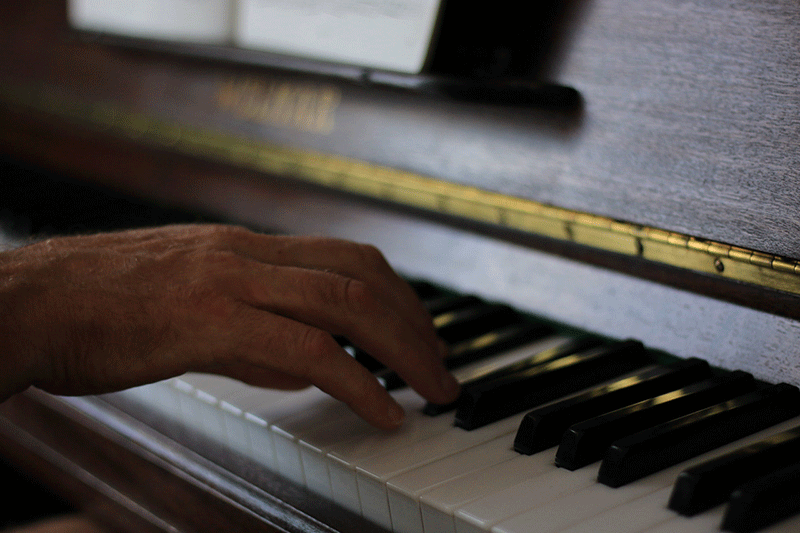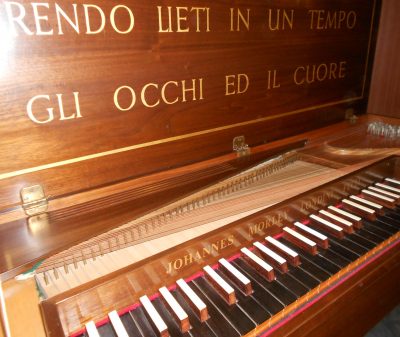
Acoustic or Electric?
I am sure all music teachers would agree with me, that if you want to learn to play the piano, there really is no substitute for a real acoustic piano. The acoustic nature of a real piano, and its complex mechanical action, encourages the beginner to listen to the sound that they produce, in relation to their own touch. It seems to me the relationship between listening to the sound you produce and the physical adjustments that the player has to make continually throughout the music, is an essential part of being a complete musician, and can only be learnt on an acoustic instrument.
It’s like any other instrument. Does a acoustic guitar sound like a electric guitar? A electric violin like an acoustic violin? Obviously not; and they were never intended to! They were always seen as separate instruments, and if anything complement each other. At the end of the day a wooden soundboard is not the same as an electric speaker/amplifier. And a mechanical action with a hammer hitting a string, is not an electrical switch! Regardless of what the salesmen tell you!
I think it’s true to say that if you learn on an acoustic piano you can easily switch to playing any other keyboard instrument. But if you learn on a keyboard, it will take a while adapting to a real piano. This difference between acoustic and electric is accentuated with the use of the pedals.
Environmental?
The Piano has evolved over 100’s of years, with many manufacturers adding their own patents. It was never designed to be obsolete within a certain number of years, unlike many of todays electrical appliances.

I regularly tune and work on pianos that are over 100 years old and play beautifully, even though they were made using animal glues and non laminates. A new piano will last even longer, as they are constructed with incredibly strong resin based glues and other equally durable materials.
